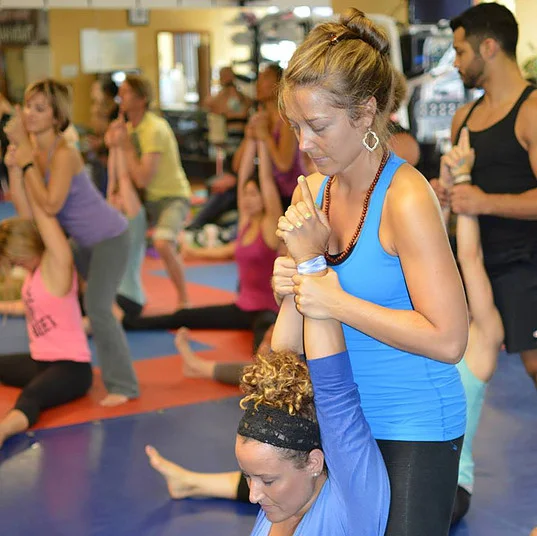In all our life's experiences there is one underlying commonality that moves through everyone, whether we are at the beginning or end of our life. The undercurrent of life is connection. It is the vital fluid that keeps all relationships, regardless of their depth or duration, salient and purposeful.
Compassion Over Judgement
One of the most valuable lessons I have learned from Sri Dharma is observing him love all beings unconditionally - without judgement. I strive to love in the same way. It isn't easy and it requires constant monitoring of the ego. It is also another way to practice being present. You notice your thoughts as they are forming; you choose silence over speaking; and you think before you act.
Gradualness
Could Rumi have imagined how nutritive such words would be halfway around the world, nearly a millennium away? (Probably, yes, he could.) These words, these concepts, this invitation runs deep and true. Right to the essential center of our silky souls, where not even the 24-hour news cycle, the never-ending to-do list, the iPhone, the fitbit, the juice cleanse, or the craziest of New Year’s resolution could touch it.





